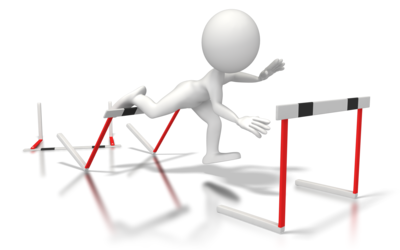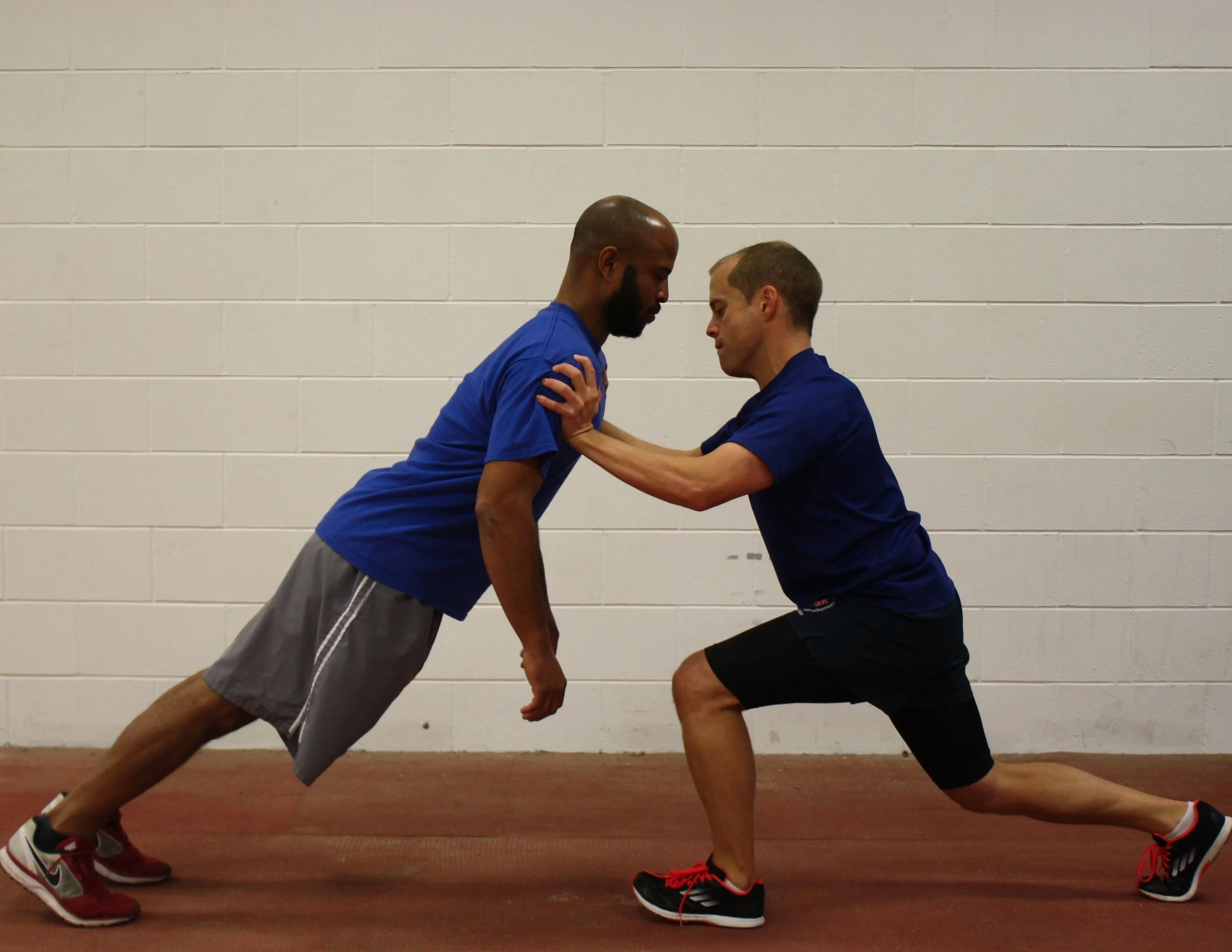Coaching is characterised as a judgement and decision making process. Practitioners and indeed most professionals who work in human performance are de facto coaches of humans. As such, the quest that unites coaches in different sports and practitioners across disciplines is to develop our professional judgement and our ability to make better choices and decisions over time. There is no endpoint to this journey and so the need to continually hone our judgement and decision making applies irrespective of what stage we are might be at in our career. That said, the question of how we best develop these skills for practitioners at the start of their career versus catering for these aspects in continuing professional development thereafter will likely require different solutions.
A Wake Up Call on Sleep
Sleep is essential to sustaining life. Yet the majority of us are casually dismissive when it comes to sleep. We routinely deny ourselves this most critical sustenance of our own volition. The attitudes towards sleep among high performing individuals in different realms and society in general are quite baffling. We also largely fail to make the connection between the reckless lack of care and attention we give to our sleep and the dizzying array of consequences that inevitably follow. Objectively this behaviour is bizarre, and our failure to prioritise sleep defies logic. With this latest Informed Blog we explore the myriad ways you lose when you don’t snooze sufficiently.
Informed Shorts: Making New and Better Mistakes
As the saying goes, there is no success without struggle. The fear of making mistakes can become disabling, particularly if our aim is to try something new or different. So perhaps we need to to reframe how we think about making errors to avoid being too constrained by the desire to not get it wrong. The quest to be creative and innovative in our problem solving necessitates having the freedom to try new and different things. This principle applies whether we are seeking to explore new questions, or find different solutions to existing questions.
The Why, What, and How of Coaching Movement: Part 1
In an early post entitled ‘The Rise of the Movement Specialist’ we identified an apparent gap in the technical input and direction provided to athletes when it comes to athletic movement skills. The appearance in recent times of hordes of self-styled ‘movement specialists’ seeking to fill the void, or rather recognising a niche in the market, is indicative that something is presently lacking. With this 3-part post we attempt to tackle the question of what our role is in this space, and offer some guidance on how we can do better.
In this first part of the 3-part series, we start with ‘why’…
The 'C' Word
The word 'culture' is often thrown around in the context of teams and organisations. Everybody is talking about culture. Despite being a nebulous term and intangible in nature, culture is cited over and over again by teams and organisations. Everybody seems to be in agreement that culture is critical to success in different realms, even if we are not necessarily clear on what it is. Culture is simultaneously cited as both the root cause and universal solution to all ills. In this post we will try to get a handle on the 'C' word. More importantly we will attempt to get to the bottom of what creates culture, and explore how we might go about effecting a change in team or organisational culture.
The Hard Questions for Coaches and Practitioners
In a previous post on the topic of what it is to be 'elite', we identified that willingness to challenge and readiness to being challenged represent critical traits. True reflective practice is predicated upon a readiness to ask yourself the hard questions. Not only that, we must resist deluding ourselves and answer the hard questions in an honest fashion. To develop requires stepping out of the comfort zone. Becoming better requires being unflinching in self-assessment and reflection. In reality, despite the best intentions the majority pay lip service to this; it is easier (and far more comforting) to lapse into telling ourselves falsehoods or half truths. You are your most important ally in this process, but you are also the biggest potential obstacle. Ultimately, for the process to elicit meaningful change, self-evaluation and reflection must have teeth. As a coach, practitioner, or indeed athlete, if you truly aspire to being elite you must be unflinching in asking and answering the critical questions, no matter how unpalatable the truths you uncover may be.
Defining 'Elite' in Sport
The term elite appears incessantly in the sporting domain. But what do we mean when we say elite? What does 'elite' mean to you? For many when the term 'elite' is used what this calls to mind is more akin to 'elitist'. The interpretation of 'elite' is often synonymous with 'exclusive', and a domain reserved for the chosen few. In this post we will dig a little deeper into these misconceptions and explore what differentiates elite from elitist. By the end of this discussion we hope to provide an outline of the hallmarks that constitute truly elite practice in sport.











